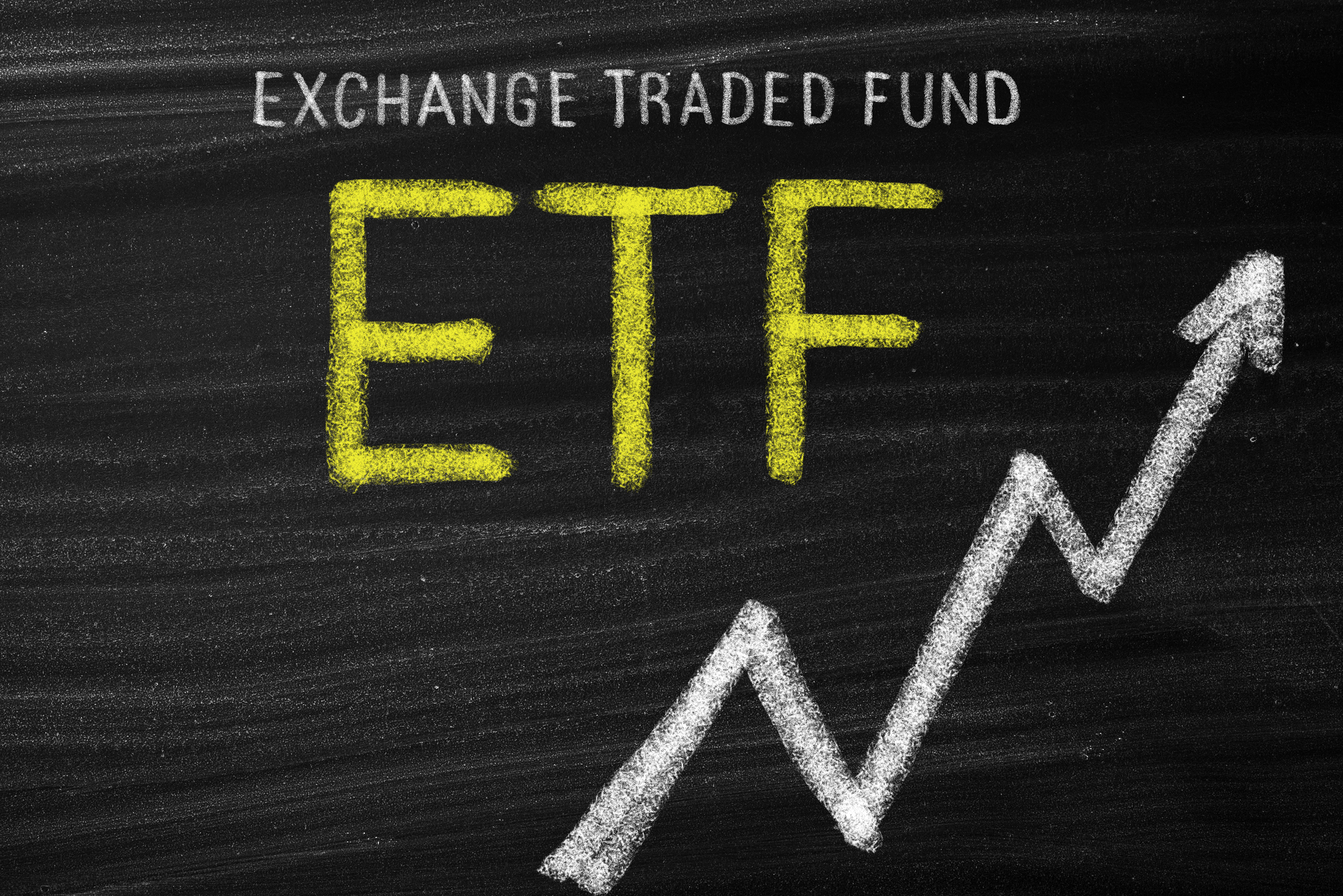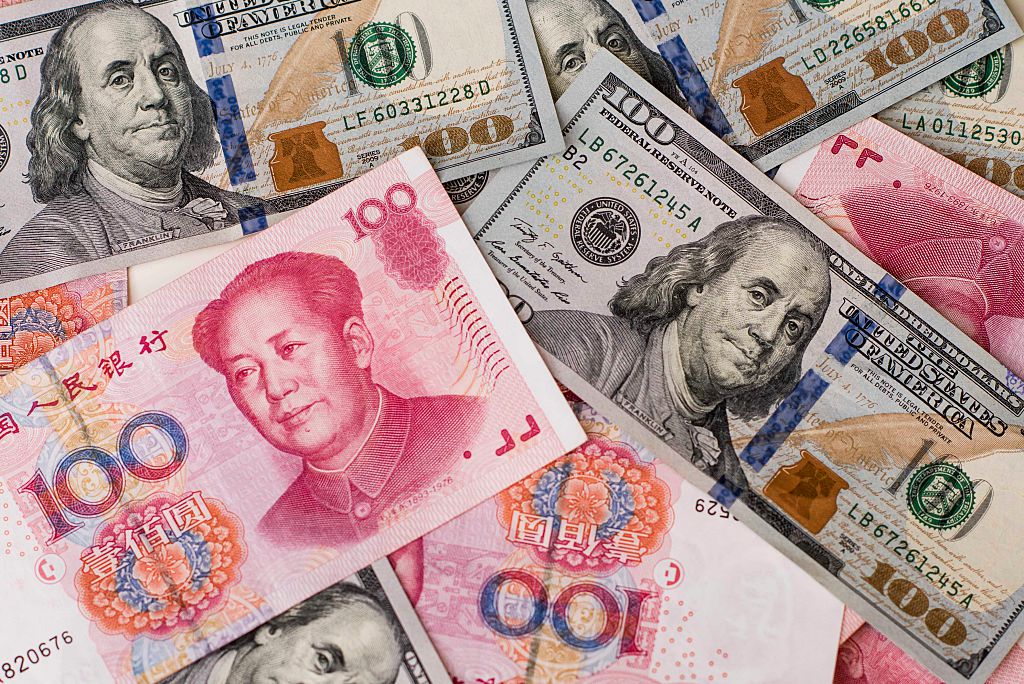
Editor's note: Matteo Giovannini is a finance professional at the Industrial and Commercial Bank of China in Beijing and a member of the China Task Force at the Italian Ministry of Economic Development. The article reflects the author's views, and not necessarily those of CGTN.
China's relentless effort to become a truly global financial superpower hit another crucial milestone with the further opening-up of its massive fixed income domestic market that offers investors opportunities for exposure on another important component of Asia's largest economy.
This week the vast majority of financial media outlets have dedicated ample coverage to the launch on the Singapore Exchange (SGX) of the largest exchange-traded fund (ETF) to invest exclusively in Chinese government bonds, capitalizing on surging interest from global investors in the world's second-biggest bond market valued at around 15 trillion U.S. dollars.
The Chinese Government Bond Index (CGBI) ETF, managed by CSOP Asset Management Limited and developed in partnership by ICBC Wealth Management and ICBC Asset Management (Global), has gathered subscribers' interest with nearly 700 million dollars in assets under management (AUM) drawn from both institutional and retail investors.
The launch of the China bond ETF represents an important turning point for the further opening-up of the domestic financial market and a continuation of previous efforts toward increased market access for global investors through the establishment of Stock and Bond Connect Schemes between the Chinese mainland and Hong Kong.
In addition, the launch of an ETF security meets the ever-growing demand of global investors to access China's domestic bond market in search of greater diversification, higher yields, lower currency volatility and a higher level of safety from the turbulence that characterize other markets in the rest of the world.
The growing interest of the investor community in the bond market, for a long time underrepresented in major indexes and global investment portfolios, had a dramatic acceleration in terms of foreign inflows into China when in April 2019 Bloomberg announced the inclusion of renminbi-denominated Chinese government and policy bank bonds in the Bloomberg Barclays bond Global Aggregate Index.
The launch of the EFT in Singapore is seen as a significant boost to China's chances to be finally considered eligible for the inclusion in another important benchmark index, the FTSE Russell's World Government Bond Index (WGBI), that according to Goldman Sachs could trigger an inflow of 140 billion U.S. dollars into Chinese bonds.

U.S. dollar and Chinese yuan banknotes. /Getty
U.S. dollar and Chinese yuan banknotes. /Getty
The release of the security, due to the expected increase in circulation of yuan among subscribers, represents a decisive boost for the long-term strategy of making China's currency an internationally accepted legal tender that could one day be able to compete at the same level with the U.S. dollar for the supremacy in global transactions.
In particular, this move represents only the last attempt in chronological order to push the yuan to become more utilized by international entities outside of China and follows other initiatives such as the decision to form a Finance Alliance with Russia to bypass the use of the dollar, the efforts to boost the yuan's use in cross-border transactions with countries along the Belt and Road Initiative and the push for the issuance of the world's first sovereign-backed digital currency.
The combination of deregulation of capital markets and promotion of global use of the yuan could well represent an unbeatable mix for China at a time when overseas markets are struggling with no economic growth due to the effects of the coronavirus and with, in some cases, attempts to prevent the access to the domestic market to foreign investors in a revival of the protectionist era.
The decision to launch a China bond ETF in Singapore represents also an important milestone for the city-state that through this initiative can further elevate its status as a trusted Asian financial hub able to connect global investors to Asia Pacific's best market opportunities while at the same time heating up the competition with Hong Kong for the highly prized title of world's biggest offshore yuan market.
In this sense, the decision to select Singapore for the issuance of the new security follows the rapid convergence of interests with China that has recently led the city-state to become the place of choice for setting up the regional hub of Tencent, Alibaba and ByteDance, after the U.S. and India bans.
Global investors have understood that China's financial market is too big to be ignored and the growing appetite for accessing the world's second largest bond market, which has quickly become the only safe asset class of this decade, is the result of the good returns guaranteed by a stable and growing Chinese economy.
(If you want to contribute and have specific expertise, please contact us at opinions@cgtn.com.)